
|
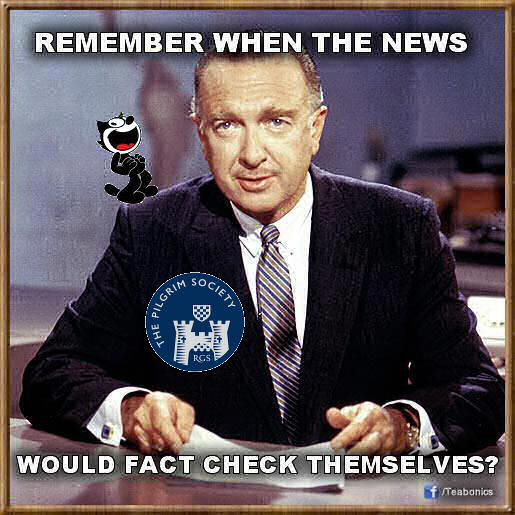
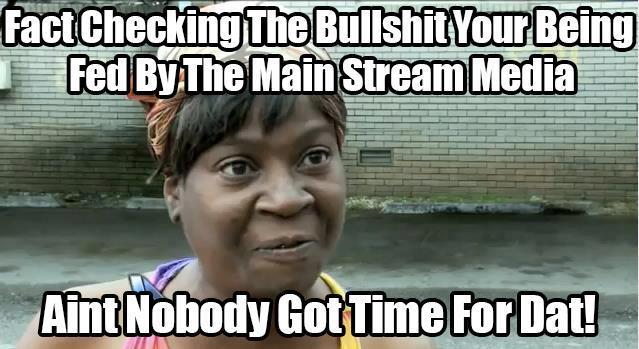
"Facts and
truth really
don't have
much to do with each other."
William Faulkner


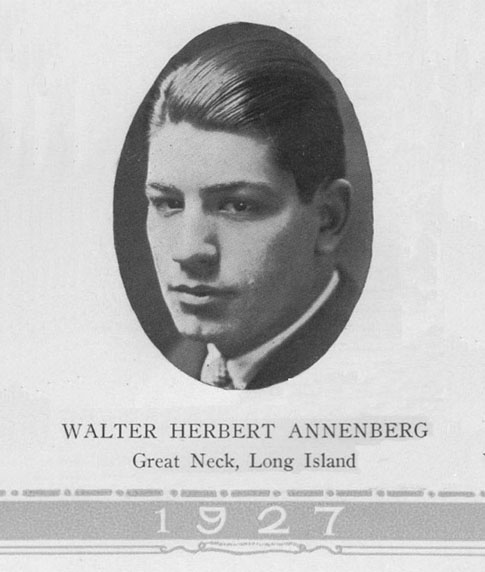
FactCheck.org, run by Annenberg Public Policy
Center, which purports to honestly report the facts uses this
disclaimer:
FactCheck.org publishes links to Web sites
maintained by third parties on an as-is basis and without warranties either
express or implied.
The existence of these links does not mean
FactCheck.org, the Annenberg Public Policy Center or the University of
Pennsylvania approves or endorses the content on these web pages to which we
link.
FactCheck.org links to web pages that the facts have
not been checked on!
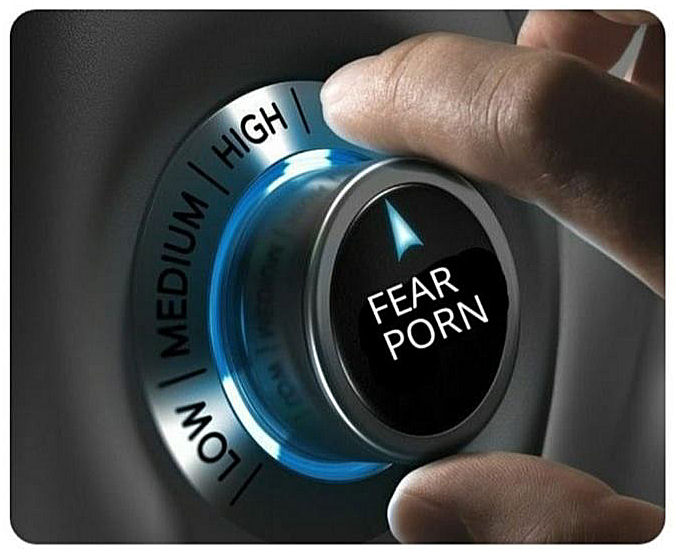
"The business of the journalists is to
destroy the truth, to lie outright, to
pervert, to vilify,
to fawn at the feet of mammon, and to sell his country and his race for his
daily bread. You know it and I know it, and what folly is this toasting an
independent press?"
John Swinton, head of New York Times editorial staff,
1860- 1870 |
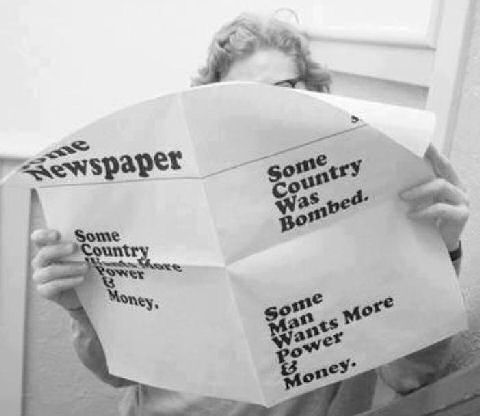
"We see press
headlines about 'schizo' murderers and
fictional characters in
film or on TV are often no
better.
Too often, characters with
mental illness
are the sinister baddies waiting in
the shadows, to be frightened of, not empathize with.
This is
particularly worrying in light of research by Time to
Change, which found that
people develop their
understanding of mental illness from films, more than any other type of
media." - Rachel Hobbs
"Editorializing is
theoretically positioned on the
editorial pages, thus giving the reader
the false sense of security that
opinions and
persuasion are not
part of the regular news." - Nancy Snow
Most
newspapers in the early 19th century cost
six cents a copy and were affordable only to the upper classes, though a barter
system often allowed readers to trade rags,
whiskey or other goods
for a subscription.
Hand-powered presses are essentially unchanged from
Gutenberg's design.
1810 German printer
Friedrich Koenig patents the steam-powered press.
1820 500 newspapers are being published.
1843 American Richard M. Hoe makes a further improvement
with the rotary printing
press, which arranged the material to be printed on a cylinder rather than
a flat plate, allowing a much larger volumes of material to be printed -
millions of copies in a day rather than thousands - at a lower cost available
at prices affordable to the working class.
1860 3,000 newspapers are being published with 1.5
million subscribers.
1885
John D Rockefeller
purchases the Oil City,
Pennsylvania Derrick.
1898 William Randolf Hearst runs
the following headline in the New York Journal the day after powder
storage on the US$ Maine explodes:
"HOW DO YOU LIKE THE
JOURNAL'S WAR!"
"I rather like the idea of war - not a big one -
one that will give me a chance to gauge the reflex on our circulation figures."
- Joseph Pulitzer
Joseph Pulitzer realized he needed to create a
newspaper for a broad audience who was
steeped in cheap dime novels
and family story
papers.
Joseph Pulitzer* pioneered the
use of illustrations,
drawn images,
cartoons and
comic strips,
employing color
lavishly and writing news in such a
way that it appealed to the
fundamental emotions.
The evolution of the New York World
into a visual entertainment medium increased circulation from 15,000 to 350,000
within four years.
"The New York Graphic editor Emile Gauvreau,
with an insight not
unlike Hearst's realized that newspapers could
create characters from real
people and then "star" them in
adventures that could be featured on the
front page
news. Once designed,
anything these
individuals did would be news simply by dint of their recognizability.
Thus was the celebrity
made." - Neil Gabler
"In the days before
radio and television,
public opinion was controlled
almost exclusively by newspapers. There must have been more deliberate
lying in the world from 1914 to 1918
than in any other period of the world's history." - Arthur
Ponsonby
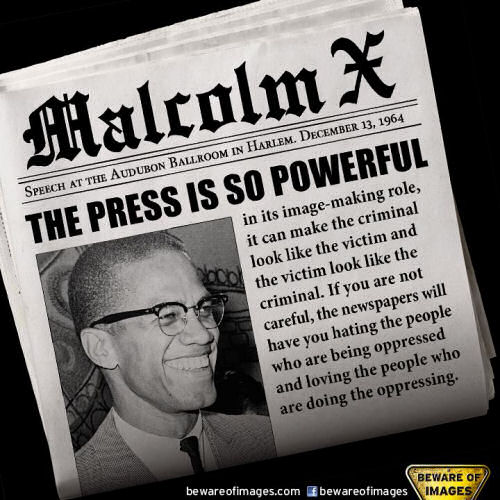
 "A profession once dominated by
tough, streetwise
refugees from the working class is now dominated by
dainty alumni from our finest
schools, people to whom poverty is not only
unpleasant and unhygienic but totally uncool." - Joe Queenan "A profession once dominated by
tough, streetwise
refugees from the working class is now dominated by
dainty alumni from our finest
schools, people to whom poverty is not only
unpleasant and unhygienic but totally uncool." - Joe Queenan
Marquette
University's Department of Journalism 1992 survey of 147 editors of daily
newspapers:
- 93.2% said sponsors had "threatened to withdraw advertising from the
newspaper because of the content of the stories." (89% replied advertisers
followed through on this threat) 89.9% responded that advertisers had "tried to
influence the content of a news story or feature."
- 71.4% said that
"an advertiser tried to kill
a story at the newspaper."
- 55.1% revealed that they had gotten "pressure from within the
newspaper to write or tailor news stories to please advertisers."
-
36.7% said that advertisers had "succeeded in
influencing news or features in the newspaper."
"From 1989 to 2005, the number of US papers
featuring weekly science-related sections shrank from ninety-five to
thirty-four." - Chris Mooney
"Most editors and newsmen on the staffs of Life, Look, Time, Newsweek, etc., and most editors,
reporters, and commentators at NBC, CBS, and ABC take their
news and editorial cues from the New York
Times.
Technically, a great newspaper, it reports the news in
conformity with editorial
policies." - Alice Widener

Journalism of verification has ceded ground for years on talk
shows and cable to a new journalism of assertion, where information is offered
with meager attempts
independently to verify the informations veracity.
The result is
that stories are sometimes true and
sometimes false.
All this makes it easier for those who would
maniplulate public opinion.
Those who distrust corporate news media are often heavier
consumers of news outlets than those who are more trusting.
This is
explained by the fact that there is so much
conflicting content.
Journalists need to document their reporting
process openly so that audiences
can decide for themselves whether to trust their reports.
Viewers of
PBS have a different range of concerns from those who watch cable, where
entertainment and celebrity are the agenda.
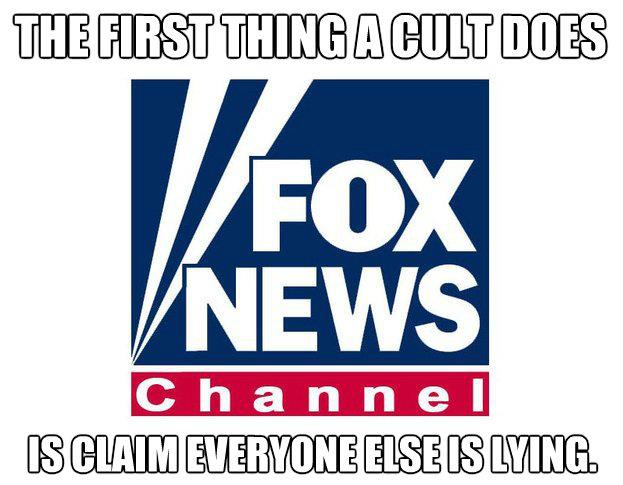
"I thought news briefings were meant to inform
not entertain."
Matt Giorgi
On
Fox News, journalists offer their own opinions, without attribution to any
reporting, in seven out of ten stories. That happens in less than one story out
of ten on CNN, and in
fewer than three stories out of ten on MSNBC.
Fox news stories are more
deeply sourced than those of its cable rivals, but are also more one-sided.
PBS's NewsHour, however, is noticeably even more thorough in its
sourcing.
"News organizations often willingly collude with efforts to
censor because media owners
are members of the political
elite themselves and therefore share the goals and outcomes of government
leaders. Profit ranks higher than truth telling in the minds of media owners
and many of their employees." - Nancy
Snow
2004 7% of all newspaper stories, and
13% of front-page stories, contain
anonymous sources.
Among largest newspapers, 12% of all 2004 coverage contained anonymous
sources, compared to 3% at the smallest newspapers and 6% at mid-range
newspapers.
Magazines, the growth area in
publications, focus on
shopping.
53% of
all network television stories contain anonymous sources.
On the
morning television programs the figure rose to 79%.
The use of
anonymous sources was rare on cable television news.
Just 9% of the
stories overall contained any anonymous sources.
Online 19% of the
stories studied contained anonymous sourcing.
The long term trend is
toward investing fewer resources in news gathering.

Any new
investment and effort is in
repackaging, reformulating, redacting, reenacting and re-presenting previously
presented "information" in newly distracting ways,
not in gathering it.
Americans are more likely to see
the same images across
multiple television channels and
read the same
wire story in different publications.
There is
crosspollination between media
outlets unlike a
generation ago.
A television
advertisement is played on the radio and is
visually incorporated
into a billboard also appearing in
slick magazine print ads
venues.
A wave of high-profile scandals involving plagiarism and
fabrication at the most
established news institutions
confirm what people already thought.
People have long considered the
press sensational, rude, pushy,
and callous.
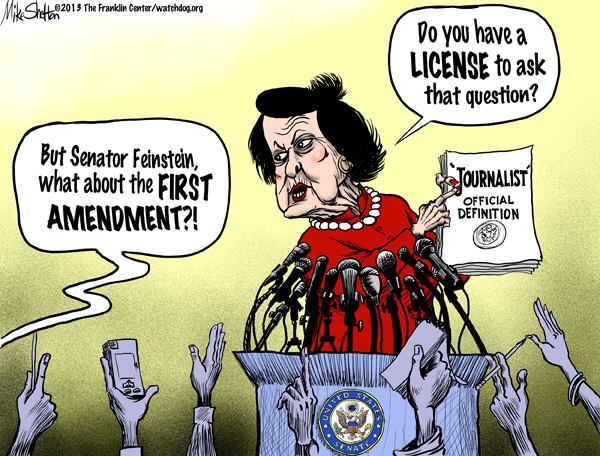
"In the early 1980s, consumers
of news began to see the press as inaccurate, less professional and caring
about the interests of ordinary Americans.
Statistical changes of
opinion about 'news' between 1985 and 2002:
highly professional -
decline from 72% to 49%;
moral - decline from 54% to
39%;
accurate - decline from 55% to 35%;
cover up mistakes - increase from 13% to
67%;
politically biased - increase from 45% to 59%.
Overall,
trust in news sources is down.
English language newspaper circulation
declined 11% since 1990 and network evening news ratings are down 34% over the
last decade.
The percentage of people who believe what they read in
newspapers has declined from 80% in 1985 to 59% in 2003, and the percentage who
give high grades in credibility to network news dropped from 74% in 1996 , to
65% in 2002.
Americans resent the lack of independence,
the lack of
altruistic aspiration and the sense of professional
ethics that defined the quality of journalism in the past." - Project for Excellence in
Journalism
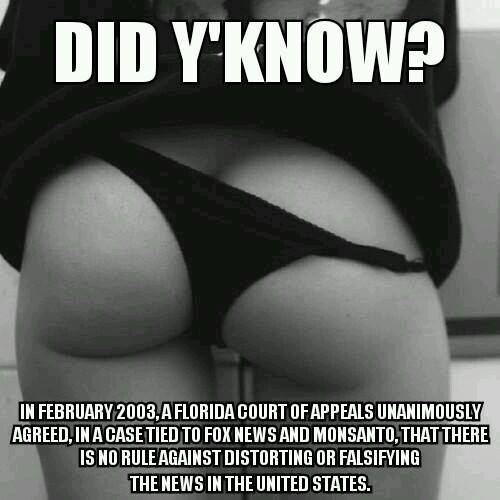
"An unconditional right to say what one pleases
about public affairs is
what I consider to be the minimum
guarantee of the First
Amendment."
Hugo L. Black, Baptist, Mason, KKK, Supreme Court
Justice, 1886-1971
2003 Goldman Environmental Prize, known as the "Nobel
Prize for grass roots work," bestowed on former Fox television network
reporters Jane Akre and Steve Wilson.
The two investigative reporters
lost their jobs when they refused to change a news report that had displeased
Monsanto.
The
reporters have visited regional dairies and had discovered that Monsanto's
bovine growth hormone was being injected into cows.
The chemical was
present in the state's milk supply despite commitments by Florida's
supermarkets not to sell milk
tainted by bovine growth
hormone.
In various studies Monsanto's rBGH bovine growth hormone
has been linked to cancer and is
banned by many countries, including Canada,
New Zealand, and the
entire European community.
Jane Akre and Steve Wilson's report said
that Monsanto has been accused of
scientific fraud in
connection with information it has provided to the EPA concerning
food safety and attempted
to bribe public officials in
Canada.
Jane Akre and Steve Wilson testify the Fox television network
station manager, David Boylan, carefully reviewed the
investigative reports for factual accuracy,
find no errors, and schedule them to run the next week.
Monsanto hires
a powerful law firm before the show runs and threatens to sue Fox television
network if the report is run.
The station offered Monsanto
an opportunity to appear on the show and
respond but Monsanto declined
the offer.
Jane Akre and Steve Wilson testified that the local Fox
television network station manager, David Boylan, then ordered the reporters to
edit the show in a way that was favorable to Monsanto and deceptive.
Declining to coöperate in the deception both reporters were given
a 'special assignment'
with full salaries for their contract period if
they agreed to sign a
confidentiality agreement and provide a report acceptable to Monsanto.
For nine months they worked on
83 different drafts of the
story.
None
satisfied Monsanto.
"For every fact we intended to broadcast, we
had documentation six weeks from Sunday. The station's lawyer told us, 'You
don't get it. It doesn't matter what the facts are, we don't want to be
spending money to defend a lawsuit.'" - Steve Wilson
Jane Akre testified
that the station had tried to force her to say that Monsanto's rBGH milk was
safe and no different from milk without Monsanto's rBGH, despite abundant
studies that proved otherwise.
"We told them to go ahead and kill the
story," Steve Wilson says, "just don't make us lie."
They were fired.
They sued. They won on whistleblower statute law.
Overturned on appeal.
The 50 year old FCC News Distortion Rule which
prohibits broadcast of false reports was
declared to not qualify under the whistleblower statute since it had been
decided over the years in
judicial decisions and was never promulgated in a rule creation
process.
2006
Monsanto agrees to pay $100
million to the University of California for patent infringement of the rBGH
bovine growth
hormone.
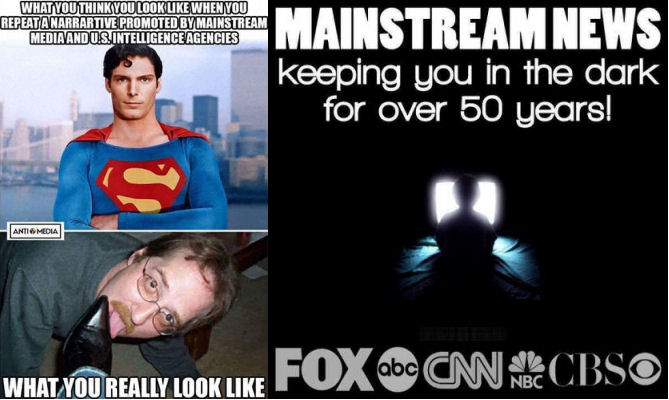
"As corporate culture came to dominate news room culture, treating
news as a commodity or service no different from 'toasters,
light bulbs, or
jet engines'." - Lawrence
Grossman 1995
"The rhythm of the news cycle has changed so dramatically
that what's really been excluded is
the time that it takes to
think." - Barry Schwartz
"What
were legitimate news programs now fill our minds with stories about criminals.
Dateline NBC and 48-Hours are prime examples." - John Kozy
"Most of what
we, the audience, thinks is news is just PR that is pitched to program
producers by the publicity department of an entity with a vested interest in
seeing that person or idea promoted." - Nancy Snow
"The reality is that
it is increasingly less realistic to expect commercial broadcast outlets to
effectively serve two masters: the student and the corporate bottom line." -
Orville Schell
"Television news is driven by
questions such as;
'Can we get good
video of this?' 'Is it dramatic?' 'Will it draw an audience?'
It's not
impossible to produce serious, quality journalism when those conditions are
always on your mind, but it's
difficult.
The reality is that people in the US get most of
their information about
politics and policy from television, and they get fed a lot of propaganda in the
process." - Sheldon Rampton

Traditional journalistic news room culture
determines the basic nature of
a story before
investigating events, interviewing witness' and
assembling
facts.
As theorists develop
a working hypothesis
before collecting data, journalists formulate the
frame of a story before finding out what actually
happened.
"A young reporter writes an expose, but the editor says,
"I don't think we're going to run that."
The second time the reporter
goes to her editor, the editor says, "I don't think that's a good idea."
She doesn't research and write the story.
The third time the
reporter has an idea. But she doesn't go to her editor.
The fourth time
she doesn't get the idea." - Nicholas Johnson, formerly FCC
commissioner
The economic structure of the television networks eroded
newsroom values.
Where once a culture committed to great journalism
flourished, a culture dominated by MBAs and financial accountability has taken
its place.
One of the many byproducts of news consultancy on the news
industry has been the decreased time spent by news programs on each
story.
This emphasis on condensation and brevity is a very subtle, but
very real form of censorship in that only approved
narratives will be broadcast.
Accountability to shareholders has
replaced accountability to
the citizens.
"The realities of journalism don't involve just facts,
for if they did, computers
would replace journalists. Journalism always involves
choices – choices among subjects, treatment, words. As a result, the
claim of objective reporting functions simply to camouflage what is in fact a
value laden activity. It is not only the readers who are misled by the claim.
The journalists too can be blinded by their own cover." -
Vladimir Vladimirovich Pozner, Soviet propagandist and son of Vladimir
Aleksandrovich Pozner*.
(Vladimir Aleksandrovich Pozner was chief
engineer of the European branch of Metro-Goldwyn-Mayer in Paris in 1938 and in
1943 headed the Russian Section of the film department of the US War
Department. Vladimir Aleksandrovich Pozner was identified as a Soviet spy by
the Venona Project and corroborated by the Mitrokhin Archives after the fall of
the USSR.)

Jacques Ellul
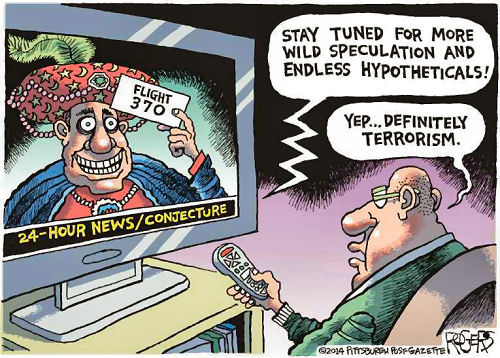
opinion is defined as:belief expressed
message expressing a
belief
sentiment formed in the
rational mind
judgement or estimation of the
merit of something
personal belief that is not founded on
proof or certainty
conclusion held with
confidence but not substantiated by officialdom
educated judgement based on
knowledge of a subject given by an expert
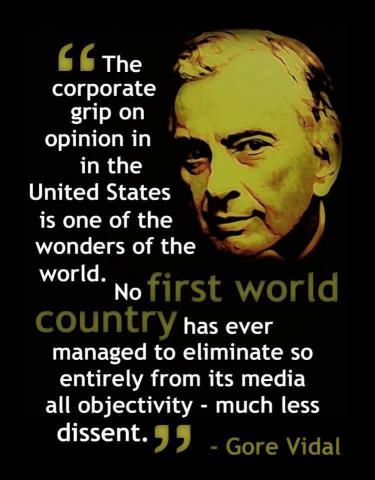
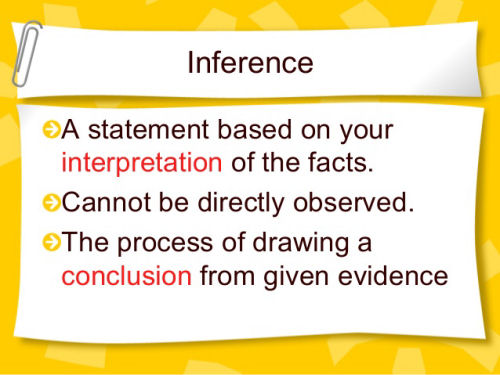

"Inevitably our opinions cover a bigger space, a
longer reach of
time, a greater number of things, than we can directly
observe.
They have, therefore, to be pieced together out of what
others
have reported and what we can imagine." -
Walter Lippman
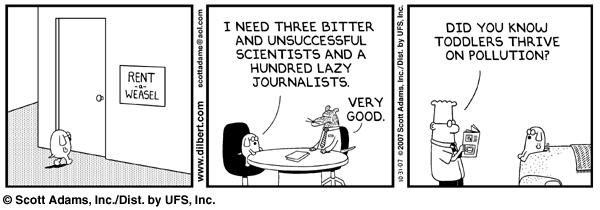
"I landed a job as executive director of a policy
organization in Washington. This felt like a coup. But certain perversities
became apparent as I settled into the job. It sometimes required me to reason
backward, from desired conclusion to suitable premise." - Matthew B.
Crawford Think
tanks , funded primarily by major corporations and foundations, claim to
serve as centers for analysis of "important"
public issues.
Think tanks are
public relations fronts, sited in
seats of governance, generating "scholarship" to
serve the advocacy goals of industry sponsors.
Think tanks devise
and promote policies that shape the lives of
Americans.
Think tanks are designed
to popularize the political leaning of the sponsors.
Every think tank has a sponsor.
And every sponsor had an
agenda.
It is unreasonable to accept ANY pronouncement from a think
tank as every statement WILL be biased toward the sponsor feeding
the fish in the
tank.
"Fueled by tax-deductible donations and philanthropic assets,
think tanks have
dramatically grown in size and influence during the past 100 years.
US
think tanks increased from eight in 1910 to 98 in 1960 and 1,106 in 2006.
Think tanks, directing
billions of dollars
of tax subsidies have received minimal public scrutiny and are often poorly
understood." - JH Snider
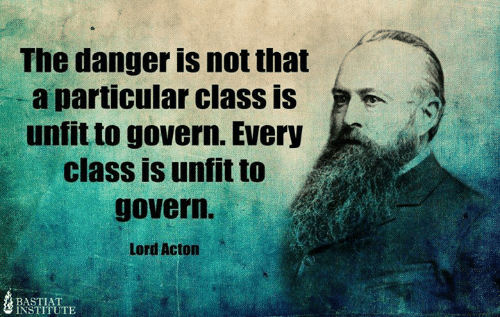
2000
Zionists have established a commanding presence at the American Enterprise
Institute, Brookings
Institution, Center for Security Policy, Foreign Policy Research
Institute, Heritage
Foundation, Hudson Institute,
Institute for Foreign Policy
Analysis, and Jewish
Institute for National Security Affairs.
"Bent on becoming
an opinion journalist, I landed a syndicated column.
I could never live
on what it paid alone.
I affiliated with the Cato Institute, which
always encouraged my work.
I ghostwrote Op-Ed articles, drafted
political speeches, prepared internal corporate briefings and
strategized business media
campaigns.
All the while, I also wrote commentary and opinion
pieces.
Virtually everyone I worked with, or wrote for, had
an ax to grind.
Opinion journals have explicit
ideologies, supported through fund raising.
Politicians, PR firms,
companies and associations have explicit agendas.
The number of
folks underwriting the pursuit
of knowledge can be counted on one hand, if not
one finger. " - Doug
Bandow
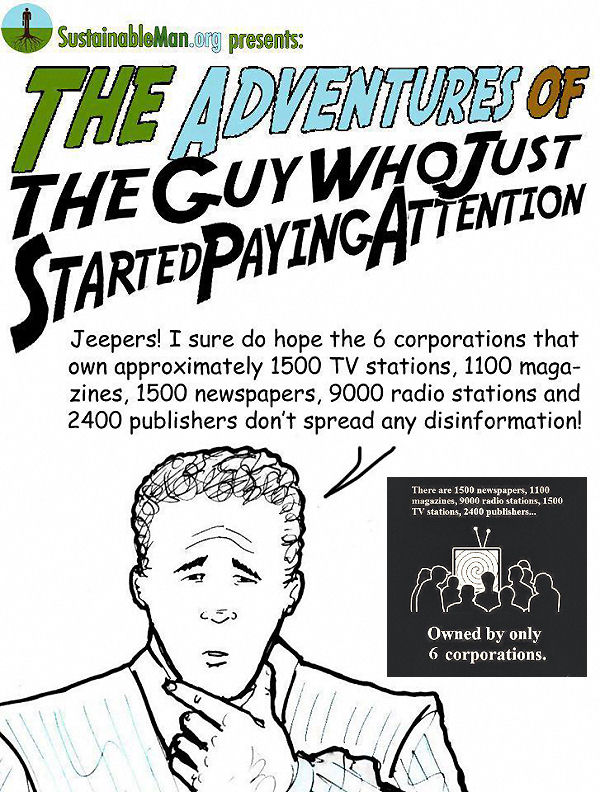
2008 "German
policy research institutes influence
decision making of
the government, and their work is becoming more visible in the German media.
Many receive government funding, and maintain close ties with
universities.
German think tanks include major
foreign policy institutes,
peace research organizations, economic research institutes, party foundations,
and non-traditional think tanks." - Open Source Center of the Office of the
Director of National Intelligence, 5 March 2008
"Many of the
estimated 37,000 French journalists see themselves more as
intellectuals than as reporters.
Instead of merely reporting events, they often
try to analyze developments and
influence readers with their own
biases.
At the same time, many political or economic journalists are educated
at the same elite schools as the politicians they cover.
As a
consequence, many reporters do not necessarily regard their primary role as
being that of a watchdog or a counterweight to the political and economic
powers in place." - Open Source Center of the Office of the Director of
National Intelligence, 16 July 2008
According to the Open
Source Center of the Office of the Director of National Intelligence the
French and the Germans are biased, as you would expect.
Any individual
that does the rudimentary critical thinking will
realize that there is absolutely no difference between French, Germans, English
and Americans or any other social
culture or group when it comes to bias.
2009
"Corporations wanting to advance agendas turn to think tanks.
Think
tanks combine a scholarly
image with the expertise
of how to play the media and policymakers alike.
Heartland
Institute of Chicago is holding a
conference in New York featuring a persistent if
increasingly-isolated group of global warming skeptics .
Heartland is well-funded by
tobacco and
fossil fuel
corporations.
Not that Heartland discloses which
corporations and foundations fund its operations; it prefers secrecy." - Bob
Burton March 6, 2009
 |
|
 |
This web site is not a commercial web site and
is presented for educational
purposes only.

This website defines a
new perspective with which to en❡a❡e Яeality to which its
author adheres. The author feels that the faλsification of reaλity
outside personal experience has forged a populace unable to
discern propaganda from Яeality
and that this has been done purposefully by an internati☣nal
c☣rp☣rate cartel through their agents who wish to foist a corrupt
Ѵersion of Яeality on the human race.
Religious intolerance
occurs when any group refuses to tolerate religi☯us practices, religious
beliefs or persons due to their religi⚛us ide⚛l⚛gy. This web
site marks the founding of a system of philºsºphy nªmed the
Mŷsterŷ of the Lumière Infinie - a ra☨ional
gnos☨ic mys☨ery re☦igion based on reaso🐍 which
requires no leap of faith, accepts no tithes, has no supreme leader, no church
buildings and in which each and every individual is encouraged to develop a
pers∞nal relati∞n with Æ∞n through the pursuit of the
knowλedge of reaλity in the cu☮ing the spi☮itual
co☮☮uption that has enveloped the human spirit. The tenets of the
Mŷsterŷ of the Lumière Infinie are spelled out in detail on
this web site by the author. Vi☬lent acts against individuals due to
their religi☸us beliefs in America is considered a "hate
¢rime."
This web site in no way condones violence. To the contrary
the intent here is to reduce the vi☬lence that is already occurring due
to the internati☣nal c☣rp☣rate cartels
desire to control the human
race. The internati☣nal
c☣rp☣rate cartel already controls the w☸rld
ec☸n☸mic system, c✡rp✡rate media worldwide, the
global indus✈rial mili✈ary en✈er✈ainmen✈ complex
and is responsible for the coλλapse of moraλs, the eg●
w●rship and the destruction of
gl☭bal ec☭systems. Civilization is based on coöperation.
Coöperation with bi☣hazards of a gun.
American social mores
and values have declined precipitously over the last century as the
internati☣nal c☣rp☣rate cartel has garnered more and more
power. This power rests in the ability to deceive the p☠pulace in general
through c✡rp✡rate media by press☟ng em☠ti☠nal
butt☠ns which have been πreπrogrammed into the
πoπulation through prior mass media psych☣l☣gical
☣perati☣ns. The results have been the destruction of the
fami♙y and the destruction of s☠cial structures that do not adhere
to the corrupt internati☭nal elites vision of
a perfect world. Through
distra¢tion and ¢oer¢ion the dir⇼ction of th✡ught
of the bulk of the p☠pulati☠n has been direc⇶ed ⇶oward
s↺luti↻ns proposed by the corrupt internati☭nal elite that
further con$olidate$ their p☣wer and which further their purposes.
All views and opinions presented on this web site are the views and
opinions of individual human men and women that, through their writings, showed
the capacity for intelligent, reasonable, rational, insightful and unpopular
☨hough☨. All factual information presented on this web site is
believed to be true and accurate and is presented as originally presented in
print media which may or may not have originally presented the facts
truthfully. Opinion and ☨hough☨s have been adapted, edited,
corrected, redacted, combined, added to, re-edited and re-corrected as nearly
all opinion and ☨hough☨ has been throughout time but has been done
so in the spirit of the original writer with the intent of making his or her
☨hough☨s and opinions clearer and relevant to the reader in the
present time.
Fair Use Notice

This site may contain
copyrighted material the use of which has not always been specifically
authorized by the copyright owner. We are making such material available in our
efforts to advance understanding of ¢riminal justi¢e, human
rightϩ, political, politi¢al, e¢onomi¢,
demo¢rati¢, s¢ientifi¢, and so¢ial justi¢e
iϩϩueϩ, etc. We believe this constitutes a 'fair use' of any
such copyrighted material as provided for in section 107 of the US Copyright
Law. In accordance with Title 17 U.S.C. Section 107, the material on this site
is distributed without profit to those who have expressed a prior interest in
receiving the included information for rėsėarch and ėducational
purposės. For more information see:
www.law.cornell.edu/uscode/17/107.shtml. If you wish to use copyrighted
material from this site for purposes of your own that go beyond 'fair use', you
must obtain permission from the copyright owner. |
 Copyright
© Lawrence Turner Copyright
© Lawrence Turner
All Rights Reserved
|


























